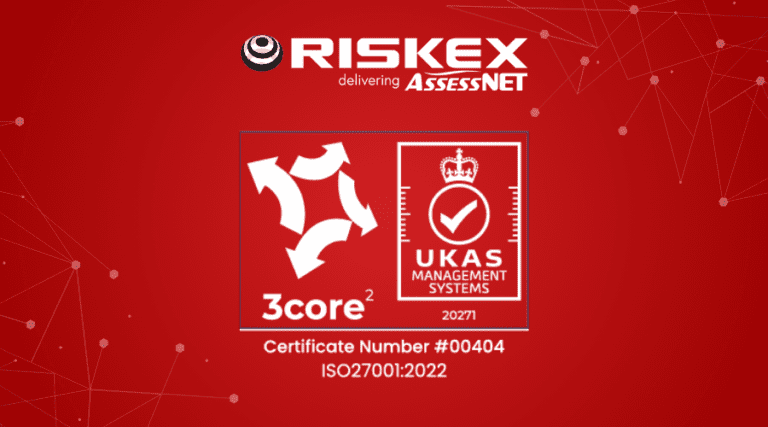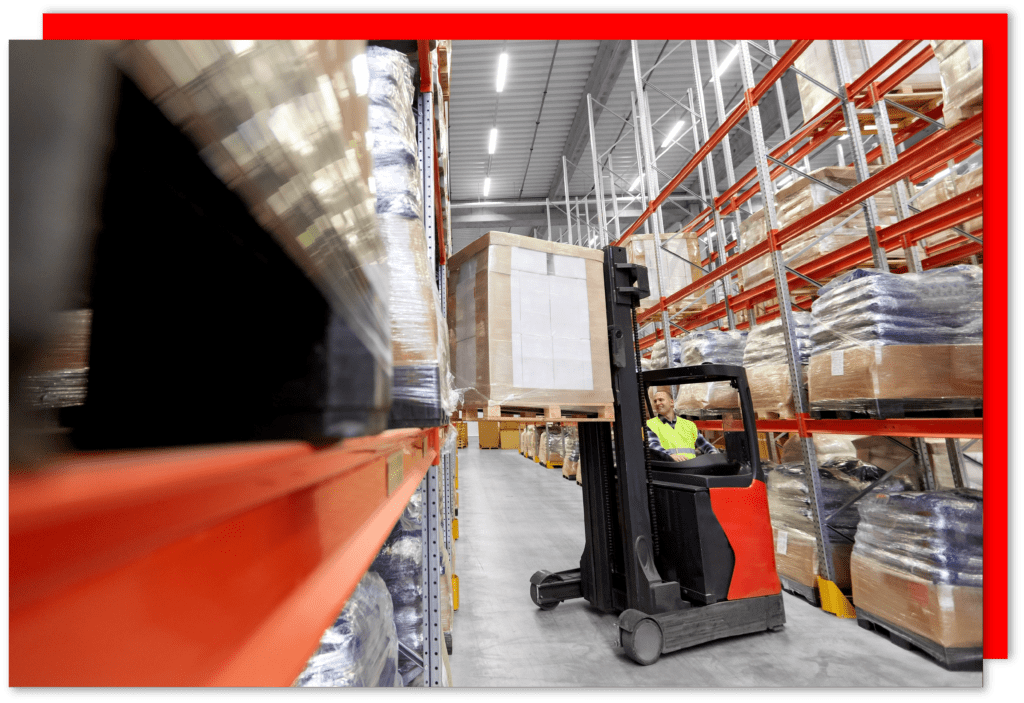(This is a fast-changing topic, and this information is current as of 9th April 2020).
The Health and Safety Executive (HSE) has published new guidance for COVID-19. This is an update to the coronavirus guidelines for reporting incidents under RIDDOR (the Reporting of Injuries, Diseases and Dangerous Occurrences Regulations 2013).
The guidance they have issued now states that you must only make a report under RIDDOR, relating to coronavirus, when:
- an unintended incident at work has led to someone’s possible or actual exposure to coronavirus. This must be reported as a dangerous occurrence
- a worker has been diagnosed as having COVID-19 and there is reasonable evidence that it was caused by exposure at work. This must be reported as a case of disease.
- a worker dies as a result of occupational exposure to coronavirus.
What does this mean for businesses?
This topic is a challenge for businesses, as the COVID-19 RIDDOR guidelines seem to have a bias towards anyone working in healthcare – where they may contract the virus in the course of their work. However, with businesses also having a responsibility for reporting RIDDOR events, the COVID-19 factor becomes somewhat ambiguous.
The UK Government has instructed everyone to work from home, where possible. So, whereas in the past, prior to this pandemic, COVID-19 would not have been part of RIDDOR, now that the advice is work from home unless impossible, this will mean that COVID is reportable if people are forced to work and develop symptoms. This is especially controversial, if evidence could show they did not need to work and/or protection (PPE, proper sanitisation facilities etc.) was not in place when they did.
There is an additional potential complication, with regards to diagnosis. With the difficulties of effective testing currently, what is the basis for a “diagnosis”? Is it advice on observations via a GP, or has it been diagnosed by blood test or swab? And perhaps more controversially, how is it possible to definitively connect a COVID-19 diagnosis with having contracted it at work, if this involves exposure to contamination during the commute to work, or if there is an infected family member at home without symptoms?
That said, the HSE’s motives will have been laudable. Given the unique challenges the world is facing, businesses are battling to cope with intense change to every aspect of their existence. The HSE have attempted to provide a layer of clarity to an evolving crisis, but in the event may have created more ambiguity and confusion.
Direct RIDDOR Reporting From AssessNET
Riskex’s online health and safety software, AssessNET, has been updated with the new coronavirus RIDDOR guidelines.
The Incident Reporting module has a direct RIDDOR reporting function. This helps users determine whether an incident is RIDDOR reportable or not, and allows relevant authorised users to create full RIDDOR reports within AssessNET. These can then be sent automatically to the HSE for processing from within the module itself at a click of a button.













